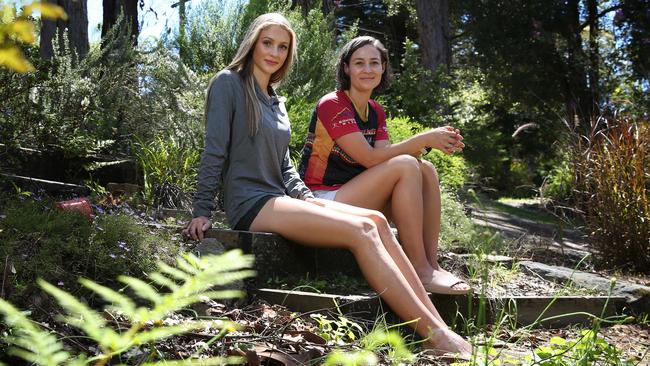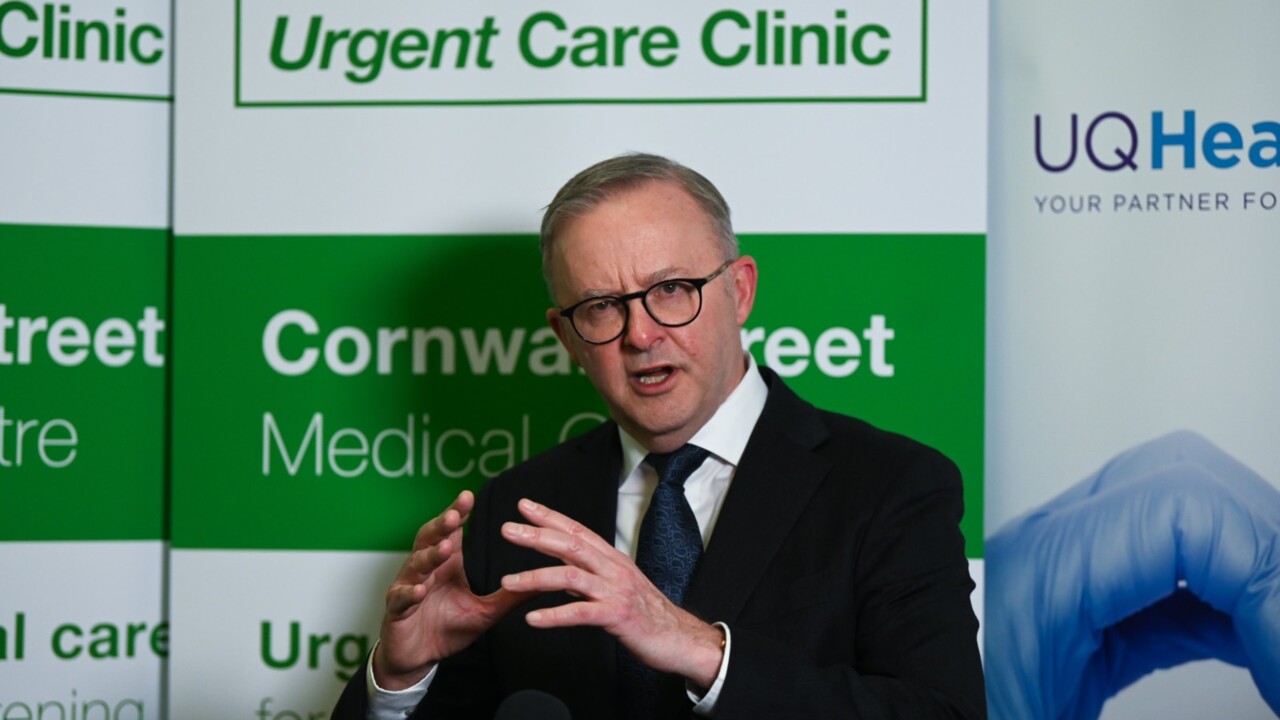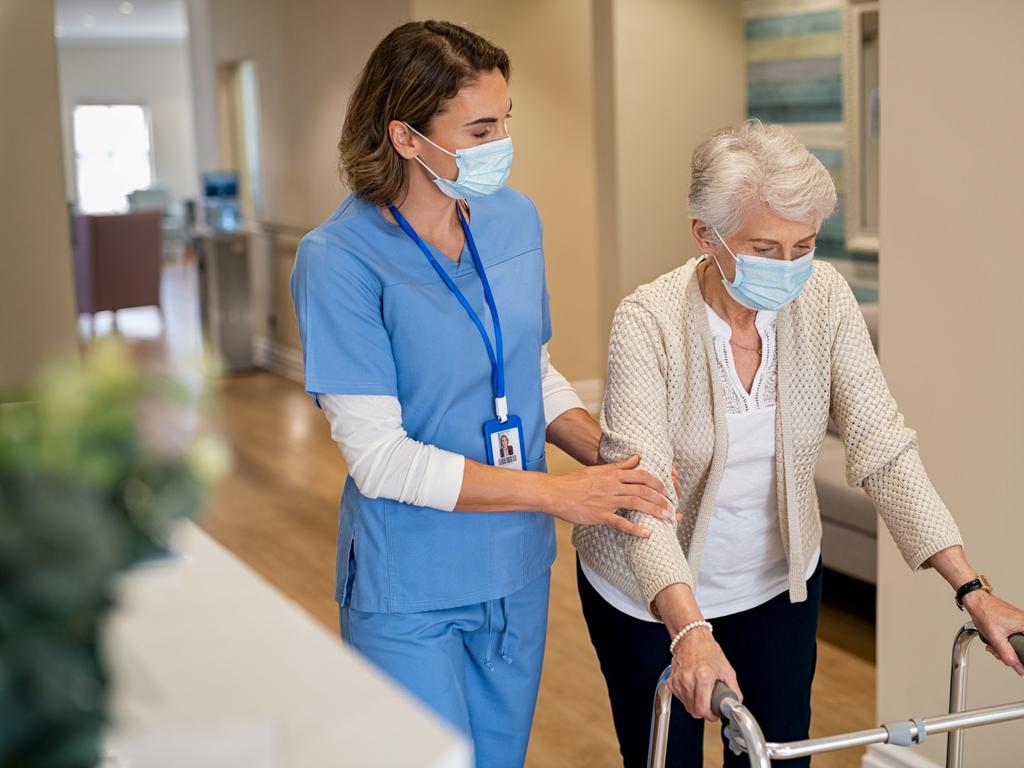Labor’s urgent care clinics raise cost concerns
Labor is under pressure to account for the significant expense on their flagship network of urgent care clinics, treating patients at a cost to taxpayers at least four times as high as GP services.

Labor is under pressure to account for the significant taxpayer expense on their flagship network of urgent care clinics after doctors raised questions over the cost and efficiency of the services, amid concerns that large corporate healthcare companies were raking in big profits from treating conditions that could be seen by ordinary GPs.
Concern is growing among primary care doctors that the nation’s 58 urgent care clinics are treating patients at a cost to taxpayers at least four times as high as GP services, often for conditions that would not have been otherwise treated in an emergency department.
Doctors are being recruited to the urgent care clinics – a centrepiece of the Albanese government’s healthcare policy – at advertised hourly rates of $225 per hour on weekdays and up to $300 per hour for after-hours shifts, which is twice as much as ordinary GPs are normally paid.
Patients attract the ordinary Medicare rebate for a consultation at an urgent care clinic, but each clinic also gets yearly grant funding of $1.5m on top of that income stream. Each clinic was also given set up grants of $900,000, even though they are all co-located within existing corporate medical clinics.
Insiders have estimated that a single patient consultation at an urgent care clinic is costing taxpayers around $285, compared to about $65 for an ordinary GP visit. This estimate has been calculated based on limited published information of a handful of urgent care clinics that are currently seeing only between 30 and 50 patients per week.
The contracts for the urgent care clinics have all gone to large corporate medical centre providers. Over one-third of the contracts have been given to the healthcare company ForHealth, which is owned by private equity. At the same time, local GP practices are being pushed to the wall amid paltry Medicare rebates, and hundreds have closed.
Doctors are now questioning whether the cost is justified given that the list of conditions classified as “urgent care” are “bread and butter GP work” that practices could perform much more efficiently if they were funded sufficiently to allow them to open after-hours.
“These clinics are a bright shiny toy for governments both state and federal which is costing significant taxpayer funds,” said Royal Australian College of General Practitioners president Nicole Higgins. “We would love to see that money being invested in groundroots general practice.”
It is understood the Department of Health and Aged Care is working with Primary Health Networks on nationally agreed operational guidance on the scope of services that a Medicare UCC can provide to ensure clinics are not replacing usual care from a regular GP. “We understand the importance of relieving pressure on our emergency departments but the evidence isn’t there yet to see if urgent care clinics are the answer,” Dr Higgins said.
But federal Health Minister Mark Butler said evidence was beginning to emerge that UCCs were taking pressure off emergency departments.

“In Queensland, we already have data of urgent care clinics taking pressure off their local hospital emergency departments. At Logan hospital, the category for five presentations were down 10 per cent and at Ipswich hospital, category four and five presentations were down more than 25 per cent. Most importantly, patients are getting the urgent care they need when and where they need it.”
Melissa McSeveny took her daughter Abi, 15, to the Our Medical Penrith onsite Medicare urgent care clinic when she injured her ankle playing netball one Saturday morning.
“Someone said to call an ambulance, but I’m a mum of three, and we’ve had our fair share of waits in the emergency department in the past,” she said.
Instead of visiting emergency, Ms McSeveny took her daughter to the UCC Our Medical in Penrith, because she knew the clinic had allied health services which would be convenient to check a potential break. Abi was triaged as soon as they entered the clinic and then saw a GP, before she got an X-ray, and visited the GP again to get her results. She was then given a CAM boot. She says this all happened in about an hour.
“I don’t want to put unnecessary pressure on the system when it’s already under a lot of pressure. The urgent care clinic suited our needs. It was quick and bulk billed.”






To join the conversation, please log in. Don't have an account? Register
Join the conversation, you are commenting as Logout